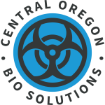
Unlike anticoagulants, antiplatelet drugs generally require less frequent monitoring, making them a convenient option for many patients. However, they still carry risks, particularly for individuals with a history of bleeding disorders or those taking other medications. Patients on anticoagulants are typically monitored through regular blood tests to ensure medication levels are appropriate. This careful management helps optimize the treatment’s effectiveness https://ecosoberhouse.com/ while minimizing potential side effects.
How much alcohol is safe to drink if I have high blood pressure?
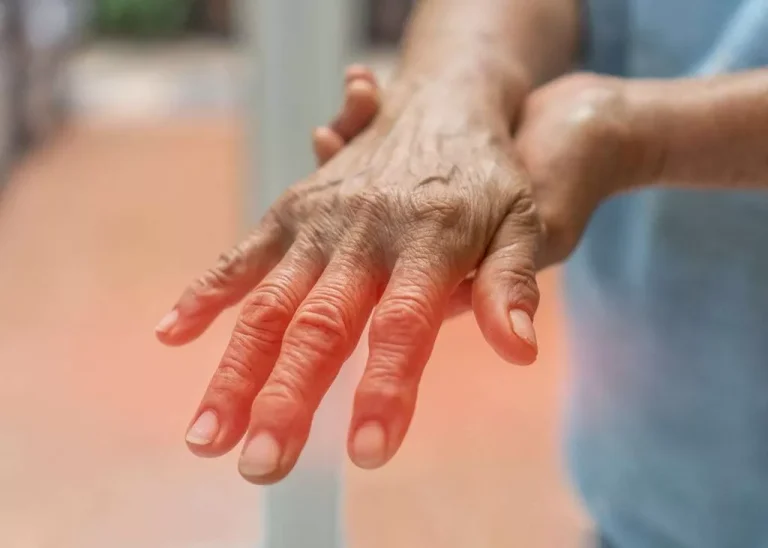
It’s relatively safe to consume alcohol as long as you’re in good overall health and have confirmed with a healthcare professional. According to the Dietary Guidelines for Americans, published by the U.S. Department of Agriculture, moderate drinking is up to one drink per day for women and up to two drinks per day for men. Doctors and pharmacists can advise people whether they should avoid or limit their alcohol use while taking blood thinners. The safest way to avoid complications is to refrain from exceeding the recommended daily intake of alcohol.
- These tests can detect clotting disorders, high cholesterol levels, or other abnormalities that might contribute to stroke risk.
- The liver produces this protein, which plays an important role in controlling blood flow and promoting blood clotting.
- In your younger years, your liver might process alcohol relatively quickly, making it easier for your body to bounce back after a night of drinking.
- Moderate drinking is one drink daily for women and two drinks daily for men.
- While alcohol is not a blood thinner, it can have significant effects on platelet function and clotting factors.
Signs of Alcohol Affecting Blood Pressure
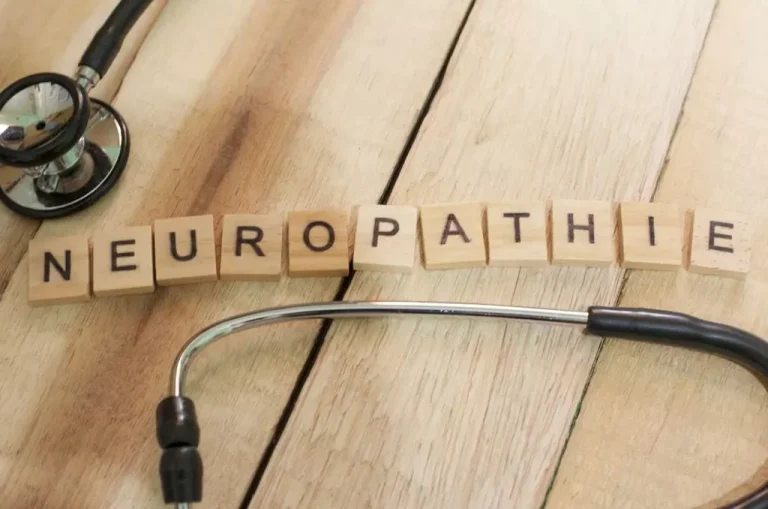
The use of alcohol while on blood thinners can intensify the effects of the medication, heightening the risk of excessive bleeding even from minor cuts or injuries. The type of alcohol you drink—whether beer, wine, or spirits—does not significantly impact how alcohol raises blood pressure. While red wine contains antioxidants like resveratrol that may have heart-health benefits, drinking too much wine still increases the risk of high amphetamine addiction treatment blood pressure and cardiovascular problems. If a doctor recommends blood thinners, it’s to reduce the risk of certain health concerns.
Common Blood Thinner Medications
- Drinking too much alcohol over time can lead to sustained high blood pressure alcohol.
- There are a number of factors that determine how dangerous alcohol consumption is while taking blood thinners.
- They also discussed studies that indicated higher levels of alcohol consumption have associations with an increased risk of stroke, atrial fibrillation, and heart failure.
- According to research, having one or two drinks infrequently is considered safe.
- Combining alcohol with blood thinners can significantly increase the risk of bleeding.
- It may also include learning new ways of completing daily activities by using adaptive tools or techniques.
When the liver is damaged, it may also produce fewer platelets, which can further increase the risk of bleeding and bruising. Additionally, alcohol abuse can lead to cirrhosis of the liver, a condition in which scar tissue replaces healthy liver tissue and impairs its function. This can have serious consequences for blood clotting and overall health. Alcohol consumption can have both procoagulant (promotes blood clotting) and anticoagulant (inhibits blood clotting) effects on the body.

However, excessive alcohol intake can have the opposite effect, impairing platelet function and potentially increasing the risk of bleeding. For individuals who are taking blood thinners and have concerns about drinking alcohol, it’s important to understand the guidelines for safe consumption. While alcohol itself is not considered a blood thinner, it can potentially interact with blood thinner medications and pose risks. Here are some guidelines for moderate alcohol consumption and the importance of consulting with a healthcare provider. Alcohol consumption can also have an impact on the effectiveness of certain blood thinners. For example, excessive alcohol intake may interfere with the metabolism of warfarin, potentially leading to either decreased effectiveness or increased risk of bleeding.
Key Takeaways on the Effects of Alcohol
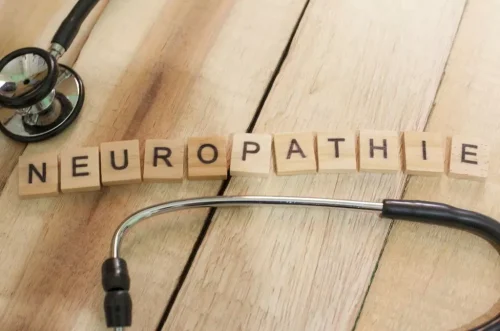
A 2016 review suggests that significant daily alcohol consumption increases the activity of platelets. Therefore, people should always check with a doctor or pharmacist whether it is safe to drink alcohol with a particular blood thinner. It’s important to note that while blood thinners can help prevent clot formation, they do not “thin” the blood in the way that alcohol is commonly perceived to. Another reason for the increase in blood pressure and heart rate is how alcohol affects hormones, specifically the stress hormone known as cortisol. Cortisol is released when a person feels physical or psychological stress so that they are prepared for a threat to their well-being.
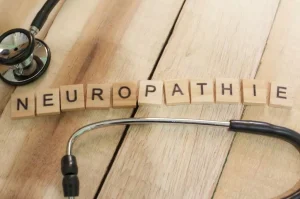
Types and Common Blood Thinners
Excessive drinking may lead to an alcohol dependence disorder, which may require long-term treatment for the person to maintain an initial recovery. People with thinner blood bruise more easily, their cuts and other wounds heal more is alchohol a blood thinner slowly, and their platelets break down more often than other people’s and so need replaced more often. Autoimmune disorders, such as systemic lupus erythematous or rheumatoid arthritis can cause this. The second class is an anti-platelet medication, which keeps platelets from sticking together to create a clot. About 70% travel freely while the remaining 30% stay in your spleen, where they are stored.
